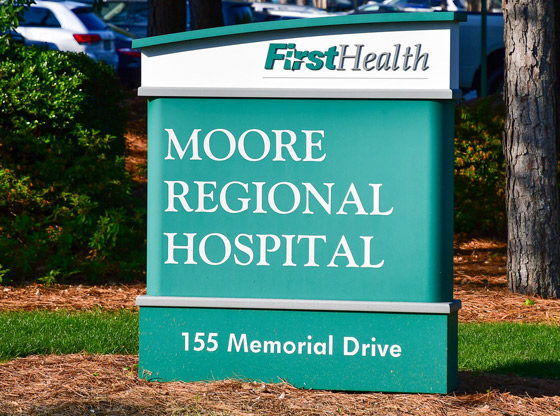The North Carolina Department of Health and Human Services (NCDHHS) Friday took additional steps to protect nursing home residents and staff during the COVID-19 pandemic by issuing a Secretarial Order requiring biweekly staff testing and announcing continued state funding for staff testing through November. The order mandates the existing recommendation for biweekly testing. The Department is also deploying additional infection control support teams to support ongoing efforts to help long-term care facilities prevent and manage outbreaks.
“North Carolina nursing home residents are among the most vulnerable to COVID-19 infection,” said NCDHHS Secretary Mandy Cohen, M.D. “These additional testing and infection control resources enhance the ongoing work to guide and support long-term care facilities as they take extraordinary measures to protect residents and staff during COVID-19.”
Residents are at heightened risk for serious illness from COVID-19, and the communal nature of long-term care facilities can make it difficult to control a COVID-19 outbreak Since the beginning of the pandemic, state leaders have taken aggressive action to protect residents and staff of long-term care facilities, implementing a five point strategy focused on: prevention, staffing, testing, outbreak management and oversight. DHHS action means that now, fewer long-term care residents are becoming sick when there is an outbreak, and outbreaks are being resolved faster.
In July, NCDHHS conducted baseline testing of residents and staff in North Carolina’s nursing homes with an expectation of completing close to 50,000 tests. Moving forward, Friday’s order requires all nursing home staff to be retested for COVID-19 every other week in facilities without a confirmed case. Existing guidance requires nursing home staff to be tested weekly if a COVID-19 case has been detected. Facilities will be required to report all test results, and North Carolina will use federal CARES Act funding to help fund testing through November.
As a part of the oversight strategy, the department has already completed on-site infection control inspections of North Carolina’s over 400 nursing homes. These inspections were completed one month ahead of schedule.
In addition to the new testing requirements, NCDHHS is adding ten regional infection control support teams to help long-term care facilities prevent COVID-19 transmission and manage outbreaks that do occur. These teams will provide onsite infection prevention and control help, continuing NCDHHS’s work with long-term care facilities on implementing these protocols.
Friday’s actions build on earlier measures North Carolina has taken to protect residents and staff in long-term facilities, including:
Issuing Executive Order 147Open PDF which requires staff to wear surgical masks;
Providing more than 3,500 long-term care facilities with 2-week supply of personal protective equipment to give them time to build their supply network;
Helping to fill staffing shortages in long-term care facilities and other health care facilities through a partnership with East Carolina University School of Nursing to match Registered Nurses and Certified Nursing Assistants with facilities, particularly long-term care facilities, seeking to urgently hire staff for temporary, part-time or full-time roles. To date, 5,331 individuals have been referred for staffing needs. Interested health care employees can register at nc.readyop.com/fs/4cjq/697b;
Conducting remote infection prevention and control consultation with skilled nursing and other long-term facilities across the state through a partnership with the Centers for Disease Control and Prevention and the North Carolina Statewide Program for Infection Control and Epidemiology;
Providing targeted funding to support nursing homes and adult care homes to provide the intensive care needed for residents with COVID-19 and limit the spread of the virus to other residents and staff;
Providing a toolkit to support long-term care facilities in preparing for and responding to COVID-19 outbreaks in their facility. The toolkit contains an infection control assessment, infection staffing worksheet, infection prevention educational resources and other tools;
Implementing several temporary regulatory changes to assist providers in caring for their residents during the COVID-19 pandemic, including adopting an emergency rule granting reciprocity to nurse aides certified in other states to work as nurse aides in North Carolina and allowing facilities to exceed the number of licensed beds if needed to provide temporary shelter and services to adequately care for residents with COVID-19. To date, 675 nurse aides have been granted reciprocity in North Carolina;
Providing virtual training for thousands of staff working in long-term care sites. Trainings are available online at www.ncahec.net/covid-19/webinars.
Secretarial Order is online here: files.nc.gov/covid/documents/Secretarial-Order-2-Mandatory-Testing-for-Staff-in-Nursing-Homes.pdfOpen PDF
A list of additional guidance for long-term care facilities can be found here: covid19.ncdhhs.gov/guidance#long-term-care-facilities.
For more information about North Carolina’s response to COVID-19, visit nc.gov/covid19.
Feature photo: A COVID-19 outbreak was reported in June at long-term care facility Fox Hollow located in Pinehurst/Sandhills Sentinel.

















